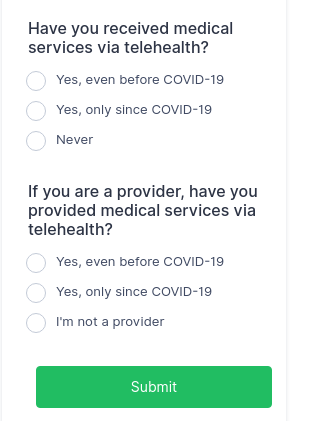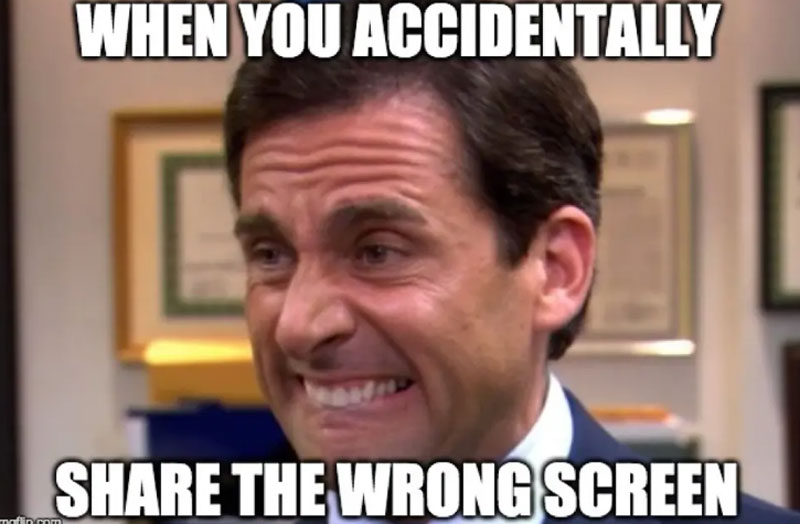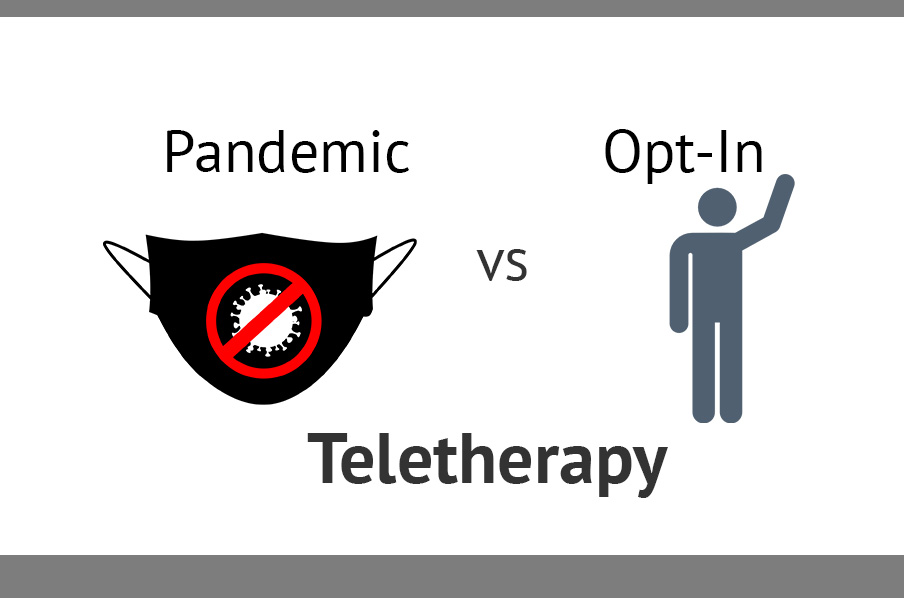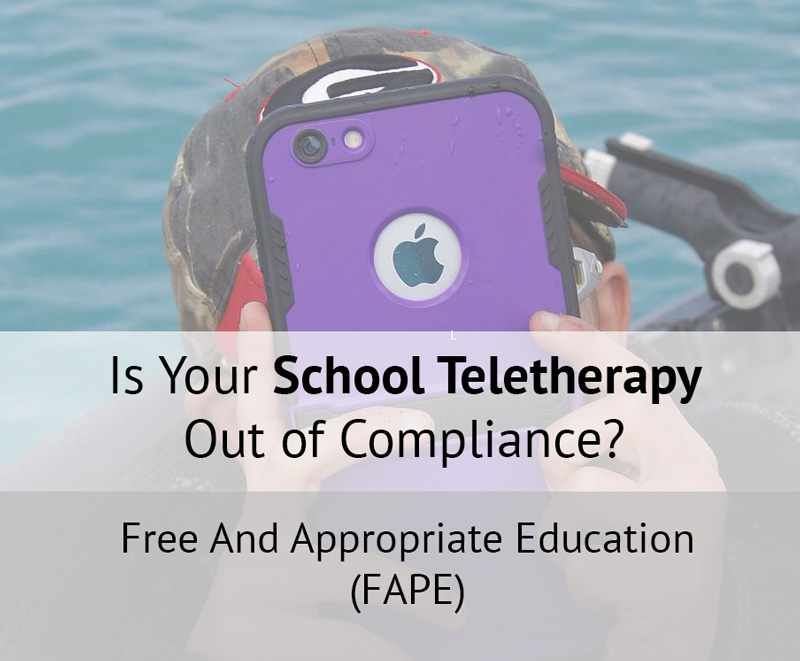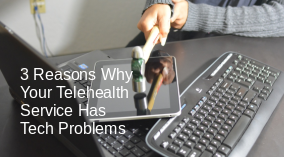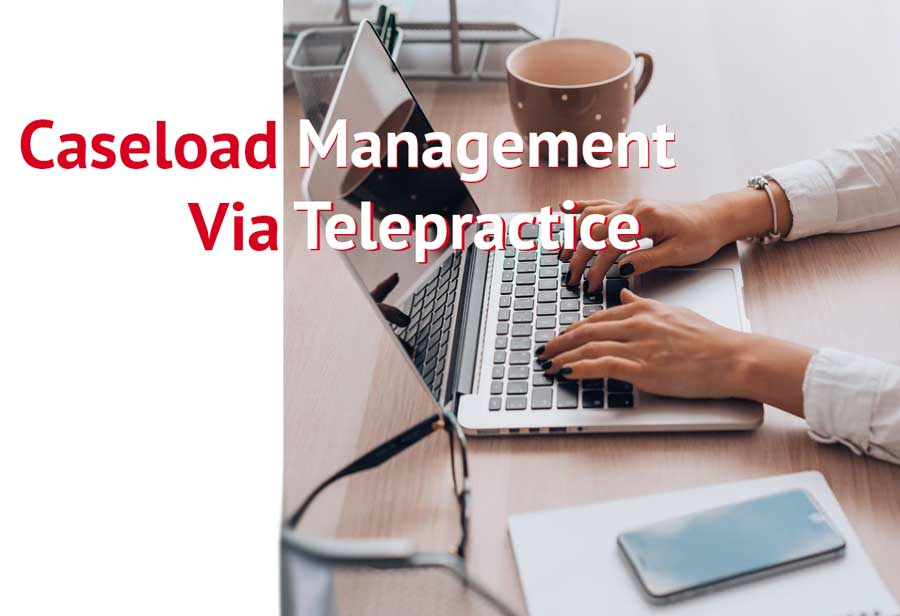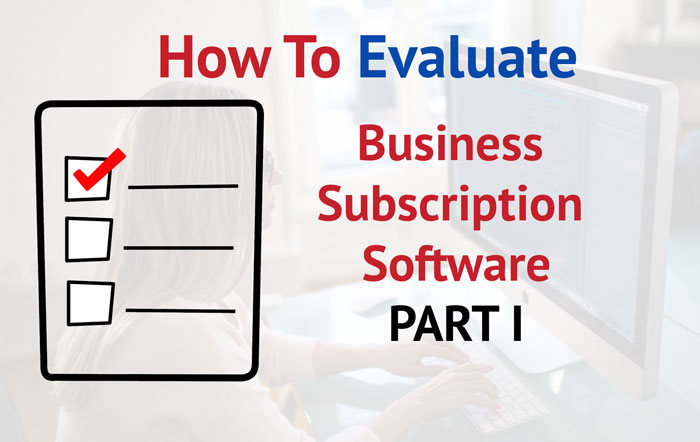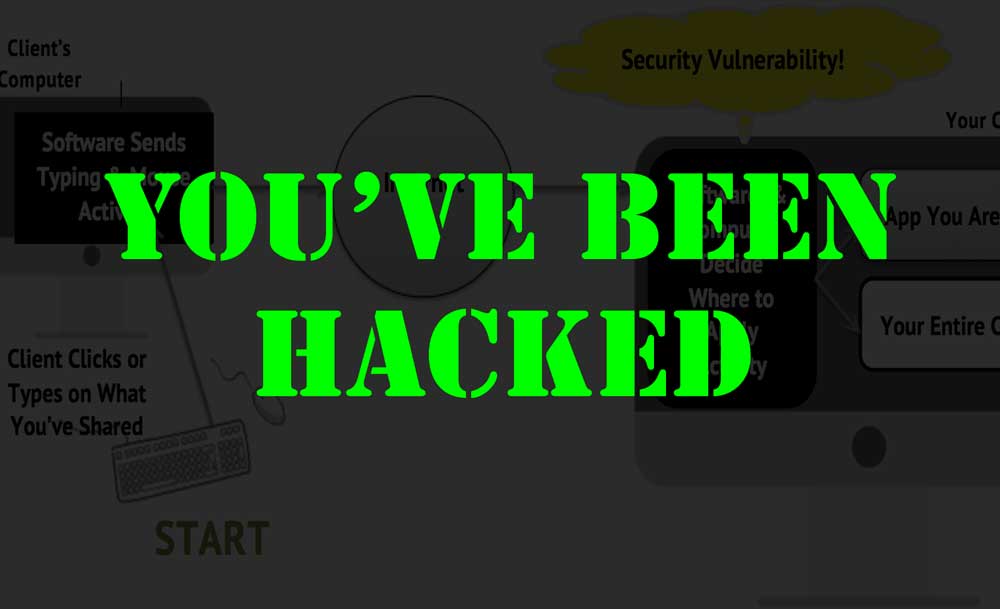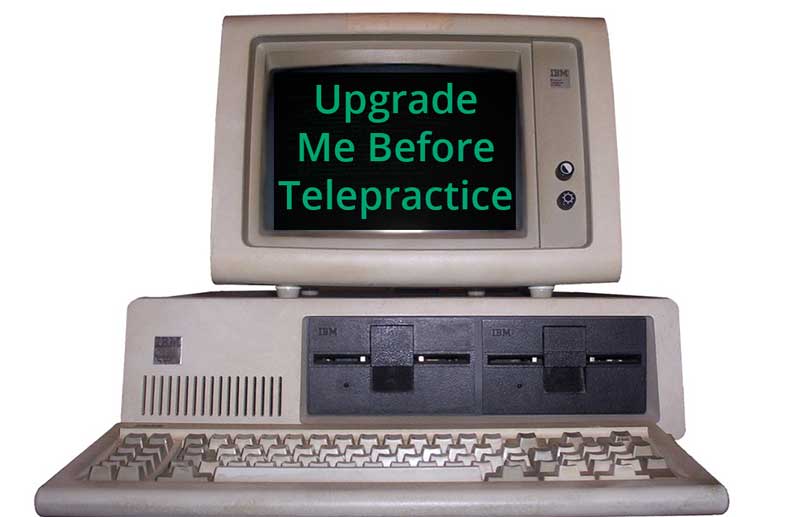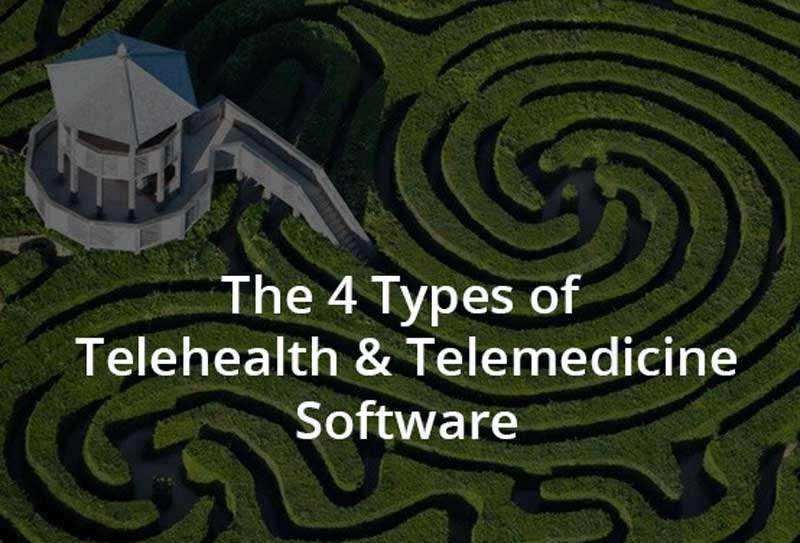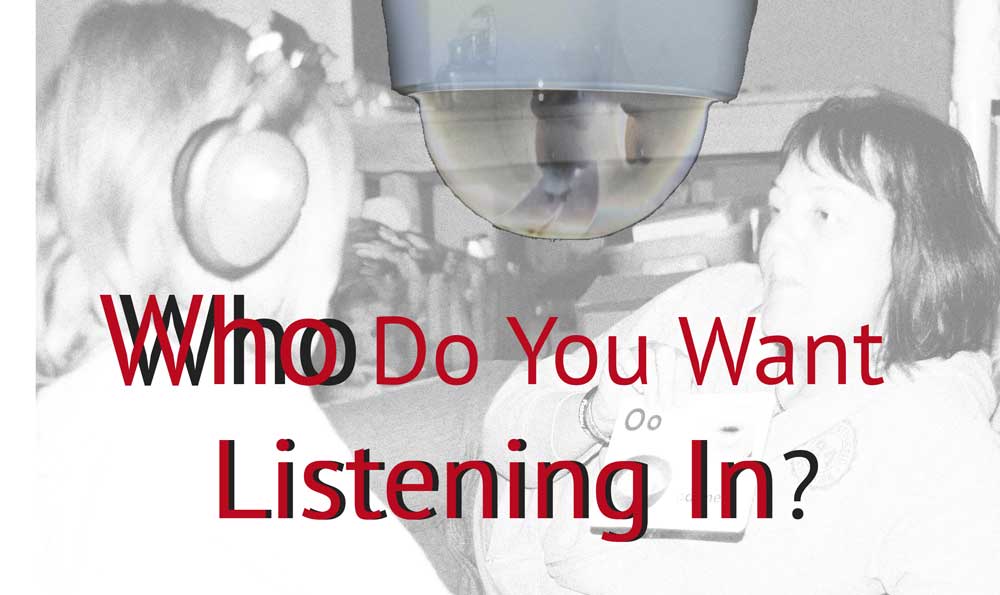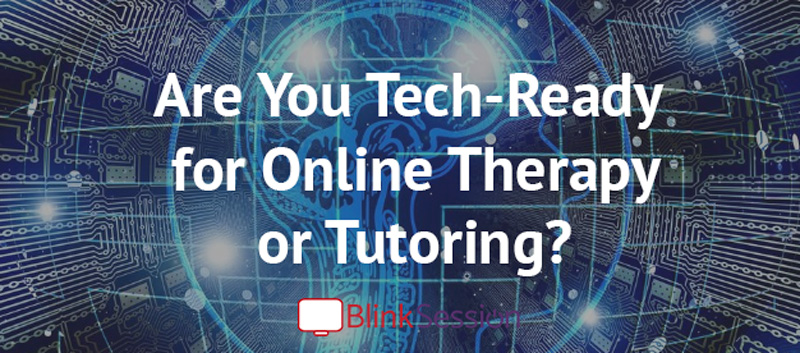After Years of Using Zoom for Teletherapy |

Echoes are annoying and can make your session unbearable. Not the one's from Amazon, that's a story for another day.
What Causes Echoes?
Echoes occurs when a computer's microphone picks up sound from it's own speakers, or speakers connected to it, and sends it back to other people in the session. If you are the one hearing the echo, then someone else in the session is to blame.
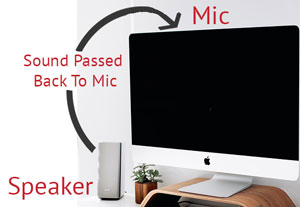
Noise Suppression
Your computer, phone, or tablet includes noise suppression (canceling) technology which attempts to cancel-out other people's voices which came from it's speakers. Noise suppression also tries to reduce background noise. If it detects the sound came from your speakers, it stops (suppresses) it from being included in the audio-stream.
Noise suppression can be done in two places. First, microphones designed for human communication, like the one built into your laptop or phone's speaker phone, usually perform noise suppression. Second, all video-conferencing software attempts to suppress potential "echoes".
Without noise suppression, your mic would pick up every sound from your speakers and include it in the audio-stream it sends back to other people in your meeting.
Why Noise Suppression Fails
Echoes occur in a video conference when sound which came from your speakers is not suppressed. Here are some of the top reasons noise suppression fails:
1. Using external speakers and the microphone built into your laptop. Built-in laptop mics are usually only able to suppress sound produced by the laptop's speakers. Thus, with external speakers connected, you are more likely to have echo problems unless you are also using a high-quality web cam with a better mic.
2. Particular people's voices and sound quality. As I explained earlier, noise suppression technology works by attempting to detect if the sound it picked up came from your computer speakers. Now, there is no way for the tech to really know the sound came from your speakers, so it makes a guess. That guess is based on a frequency range and some other factors. Sometimes, the sound coming from the person you are talking is outside of those limits and therefore is not canceled.
How to Stop Echoes
First off, the person who is NOT hearing the echo is the echo-causer. Thus, if you are hearing an echo, you will need to have the other person deal with it.
1) First, if check if the echo-causer is using a laptop with external speakers. If so, have them disconnect the external speakers. If they must use external speakers, like in a board room, they need to use a mic set up designed for that situation as explained here.
2) Second, have the person turn down the volume of their speakers. This can especially be a problem if they are in a room with an echo to begin with.
3) Third, the best and fool-proof way to eliminate echo is for the echo-causer to use headphones. Doing this will ensure sound from their speakers is never picked up by their mic.
4) Fourth, to reduce the chance of you causing the echo, use a high-quality external web cam. I recommend any web cam from Logitech.
Telehealth Quick Poll
